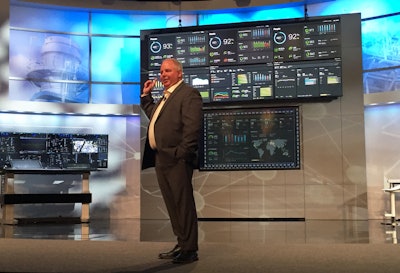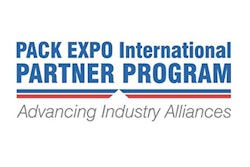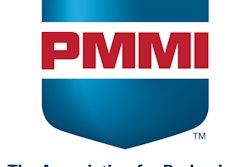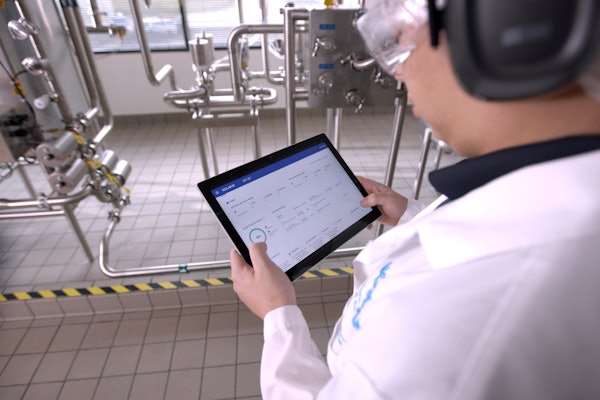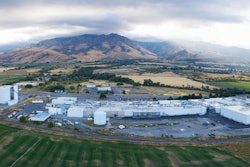As John Rudolph paced the stage at the Honeywell Users Group (HUG) Americas symposium in San Antonio, Texas, last month, he was just two weeks into his job as president of Honeywell Process Solutions (HPS). He recalled his experience after just two weeks of training in a job earlier in his career, when he was sent overseas. “I showed up at the first site, and all the training they gave me had nothing to do with what I was going to do,” he said.
By way of introduction to HPS customers, Rudolph touched on a range of topics during his presentation. But he kept coming back to the idea that workers need to be provided with the data and training they need to do a job well. “My guess is 95 percent of the people come to work wanting to do a good job,” he said. If workers aren’t getting the right kind of training, he added, “the failure’s on our side.”
It was at the end of May that Rudolph took over as HPS president, replacing Vimal Kapur, who became president and CEO of Honeywell Building Technologies. For the previous year, Rudolph had been leading the Projects and Automation Solutions business for HPS. Before that, he led Honeywell’s Lifecycle Solutions and Services business for five years, where his achievements included commercializing Assurance 360—the company’s cooperative service agreements—and launching the rapidly growing Cybersecurity business.
Rudolph emphasized that training should have an ROI associated with it. He also emphasized the need to give workers more exposure to the types of real-world situations that they don’t have much experience with. “We’re all going to be losing people. We’re all going to be losing experience. It’s a given,” he said. “But we’ve got to get the frequency of the learning up. When I was in the field, I saw emergencies all the time. I had a frequency.”
Although Honeywell and other suppliers often reference the retiring workforce and increasing skills gap as a key motivator for some of the data-rich technologies being released of late, including the various elements of Honeywell Connected Plant, Rudolph argues that the data and aggregated experience is just as important for the experienced worker. He referenced a famous quote from Steve Jobs: “It doesn’t make sense to hire smart people and tell them what to do.” To that Rudolph added, “But we have to give them the data.”That data needs to be cleaned up as well. “The last day your facility ran like it was designed to run was the day after commissioning,” he said. “Clean your data up. And then get whoever’s working with you to link to the outcome—so you don’t waste your time.”
There are still a lot of simple things that aren’t being done, he explained during a briefing with industry press and analysts later that morning. “If you’re just rolling up your historian data, it’s not going to be clean.”
Digitalization needs to increase the value of the operation. “That value has to impact a business outcome. Something simple—yield, safety, environment, reliability, something along those lines,” he said. “If I can’t impact that outcome, what’s the point?”
And there’s little point if the process doesn’t change and adapt along the way either. “We’re all a bunch of engineers. Engineers like to do things the way they’ve always done it,” Rudolph said. “Software changes your process. If you don’t change your process too, you’ve limited what you’re going to get.”
Ultimately, though, Rudolph’s message about the importance of industrial organizations digitalizing their operations was clear: “They need to move. They need to digitize quickly,” he said. “We don’t have a choice to sit and wait. It’s time to move to the courage side.”
